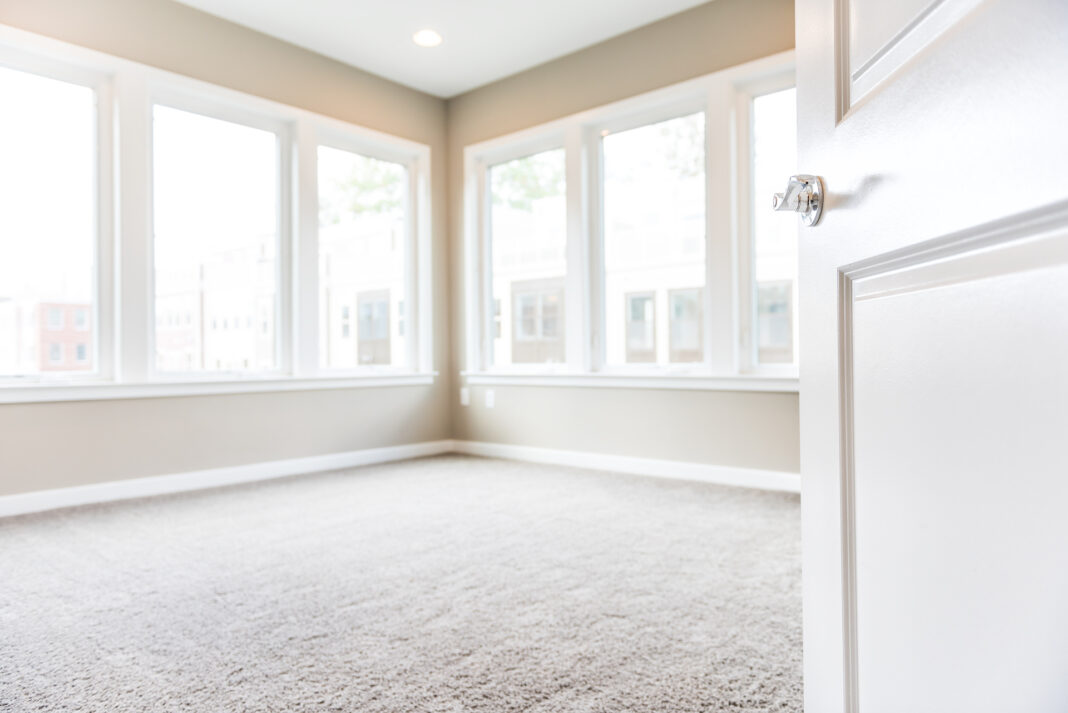
No one signs an apartment lease with the intention of breaking it, but sometimes life can make sticking to a rental agreement challenging. Perhaps you’ve faced financial hardship or needed to relocate quickly to take advantage of a great job offer. Whatever the reason, once you’ve broken a lease you may wonder whether a landlord will trust you again. Breaking a lease puts a black mark against your name, but it’s possible to rebuild your rental reputation. These tips will show you how to get an apartment with a broken lease.
Pay Any Money Owed
If you owe your past landlord any money for rent or damages, pay them back at the first available opportunity. Most rental management companies won’t rent to you if you have money outstanding on a previous rental. Once you pay back the money, you’ll have a much better chance of getting an apartment with a broken lease in your past. If you can’t afford to pay off the entire amount owing, set up a payment plan that you can stick to.
Be Honest with Decision-Makers
Your broken lease will be on your rental history whether you like it or not, so you should honest about it upfront. Explaining the circumstances surrounding your broken lease can help your case. Talk to the landlord or the manager of the property, as leasing agents can’t bend the rules. Be polite and clear about the reason you broke your lease, then promise that it won’t happen again. If you’ve taken any steps to make sure you don’t break a new lease, explain what they are to ease the landlord’s mind.
Apply for Private Rentals
When you apply for private rentals, you’re dealing directly with the person who owns the property. Private owners are often more understanding of personal circumstances and willing to bend their rules. If the owner gets a good feeling about you, they may not even run a credit check or call your references.
If someone happily lets you rent an apartment with a broken lease, don’t rush into signing the contract. Make sure you inspect the property and research the neighborhood carefully. Sometimes landlords skip the formalities because their apartment or location has problems.
Get People to Vouch for Your Character
Even after you’ve spoken to the landlord or property rental company manager, they don’t really know who you are. Having people to vouch for your character can make your application much stronger. Ask those who know you personally and professionally if you can list them as character references on your application. The people you choose should know you well and have good standing in the community. Provide this easy-to-use rental reference template for them to fill out and have them vouch for your character.
Get Someone to Co-sign for You
Landlords and property management companies care about their bottom line, so getting a loved one with a good credit history to co-sign your application may help get it over the line. If you happen to break your lease or miss rental payments, your co-signer promises to pay your debts. So, anyone who co-signs for you is doing you financial favor, and they would hope your commitment matches the risk they’re undertaking. You breaking this new lease will hurt their credit and might affect your relationship with them.
Offer to Pay a Larger Deposit
It might be tricky if you owed money to a past landlord, but offering to pay a larger deposit can help you secure an apartment. Paying more upfront shows that you’re serious about your new lease agreement and that you’re financially stable.
Some states cap the amount landlords can charge renters for a security deposit, so make sure you know the rules in your area. Offer up to the maximum allowed to sweeten the deal. If larger deposits aren’t allowed, consider other ways to gain the landlord’s confidence, like signing a long lease or paying more rent in advance.
Consider Your Priorities
Luxury rental properties have plenty of applications. With many renters to choose from, the owners of these rentals will likely choose applicants with clean rental histories. If you expand your horizons and consider other options, you’re likely to find more rentals available to you. Check out older apartments and properties outside real estate hot spots. The apartment you secure might not be your dream pad, but it doesn’t have to be. Getting your foot in the rental market again lets you rebuild your rental reputation so you secure something better next time.
Minimize the Risk of Breaking your Lease
The more you break your lease, the worse it looks on your record. Once you’ve given a new landlord your word that you’ll stick a new lease out, it’ll be in your best interest to do it. Thankfully when you’re entering into a new lease agreement, there are some steps you can take to reduce the risk you’ll break the rental arrangement.
Make sure you feel confident you want the property in the first place. Try to inspect your apartment in person. But if you can’t, set up a virtual tour. If you’re new to the area, spend time in the neighborhood to confirm that you want to live there. When you’re happy in your rental, you’re less likely to break your lease.
Make sure you have some savings you can use to pay rent if you lose your job or face unexpected bills. If you don’t have your own nest egg, see whether your family will lend you the money so you can stay in your apartment until the lease ends.
If a long-term lease daunts you, see whether you can negotiate a shorter deal. If the property has been on the market for a while, the landlord may agree to a much shorter term.
Ready to make your move? Browse thousands of apartments for rent on Zumper and find your next home.



